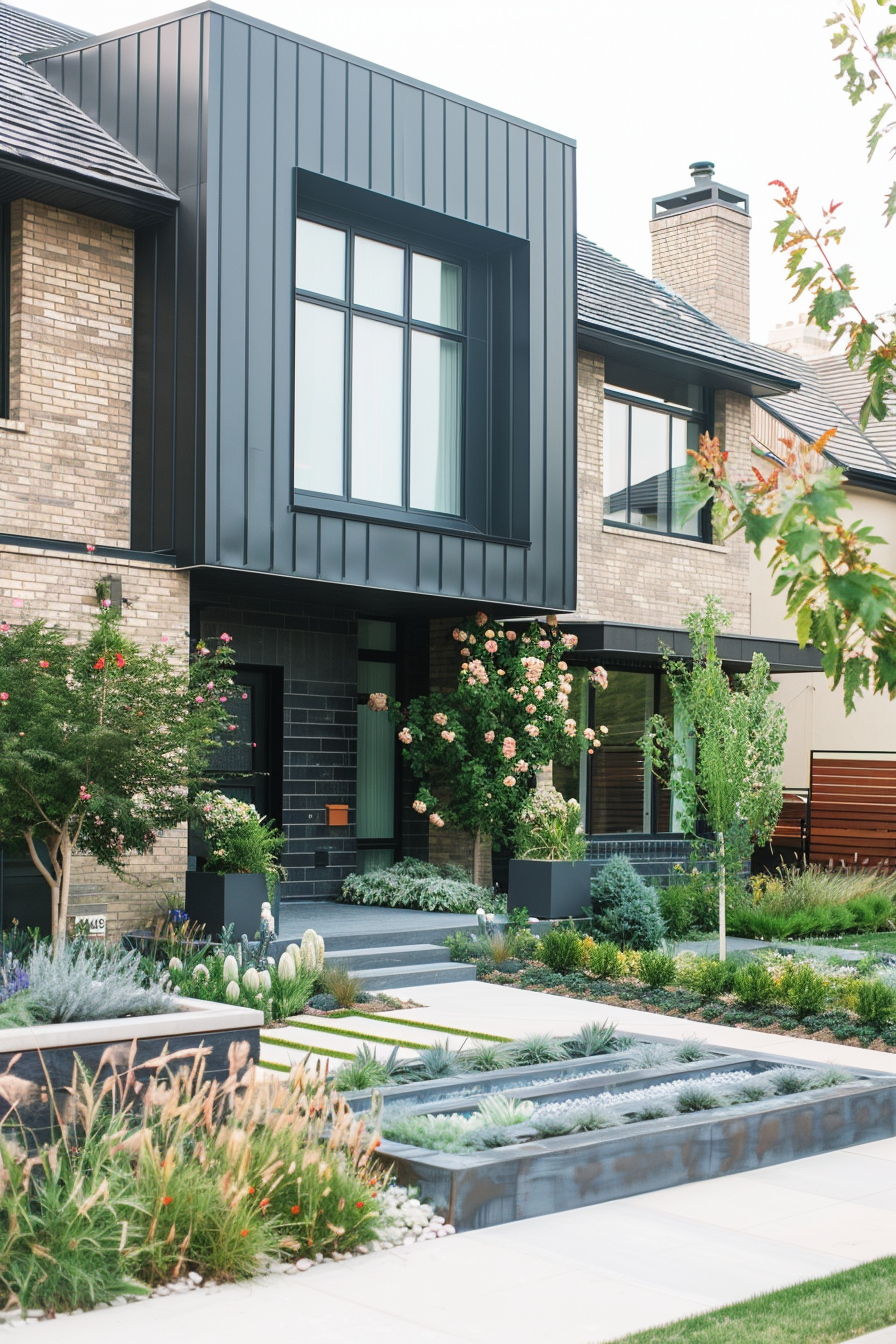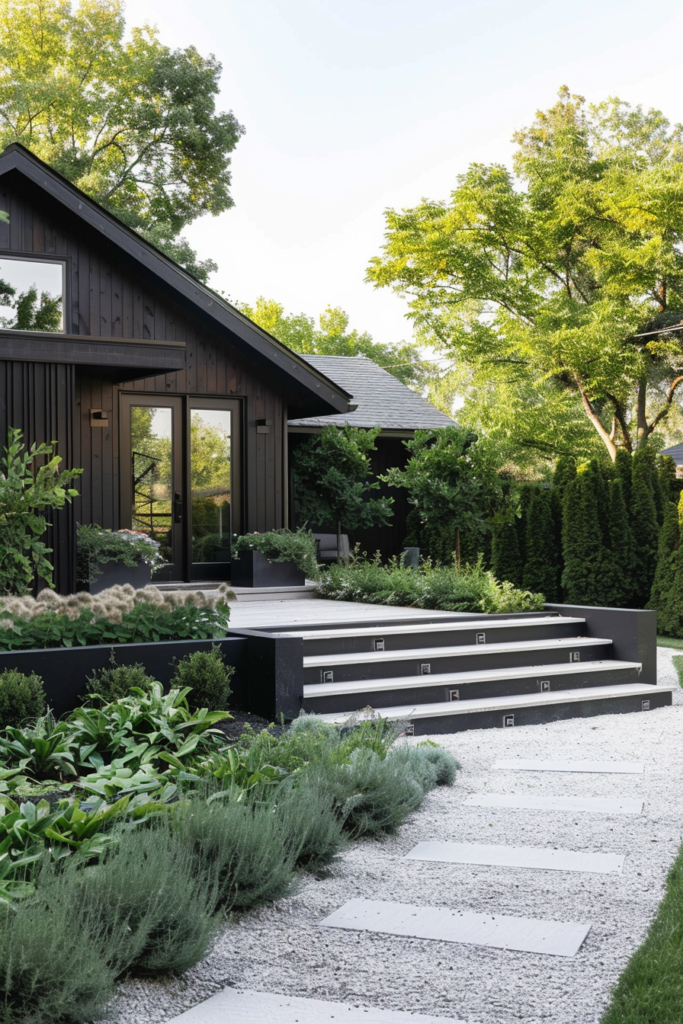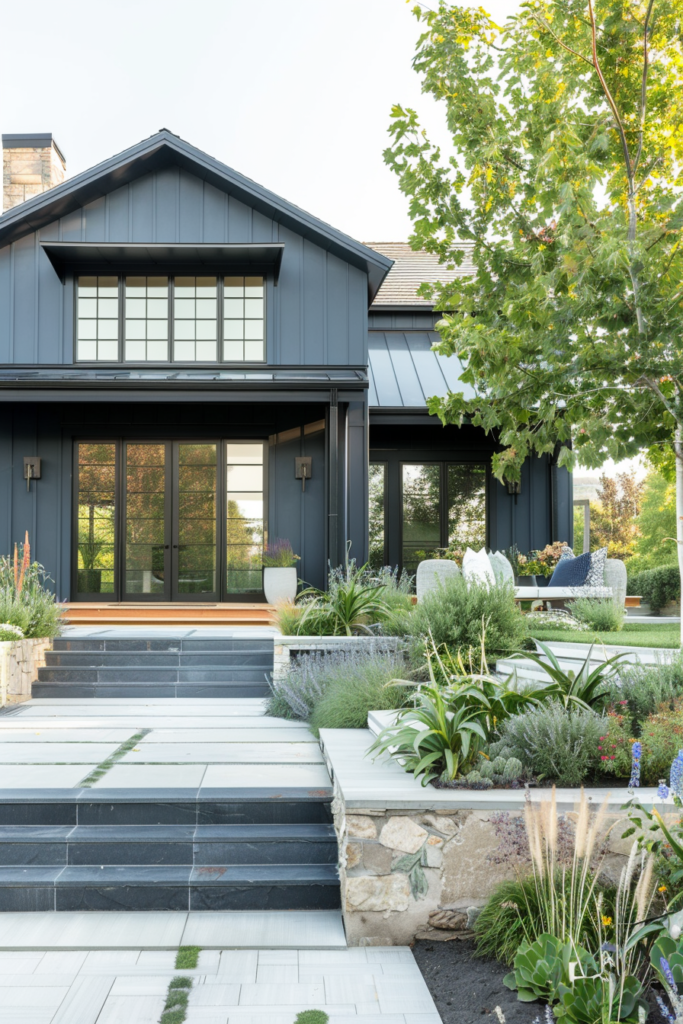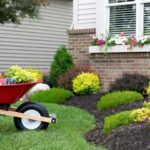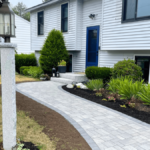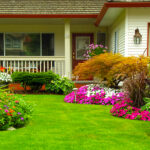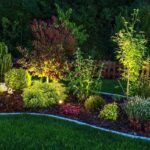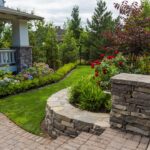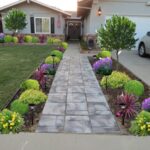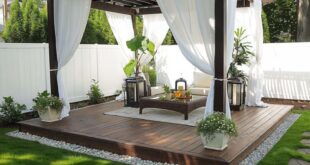Landscaping curb appeal is an essential aspect of a home’s exterior appearance, as it can greatly enhance the overall aesthetics and value of the property. A well-maintained and thoughtfully designed landscape can make a striking first impression on visitors and potential buyers, increasing the perceived value of the home.
One of the key factors in achieving great curb appeal is maintaining a tidy and well-groomed lawn. Regular mowing, edging, and weeding can go a long way in creating a neat and polished look for your yard. Additionally, planting flowers, shrubs, and trees can add color and texture to the landscape, making it more visually appealing.
Another important element of landscaping curb appeal is the design and arrangement of hardscape features, such as pathways, driveways, and patios. These elements should be well-maintained and strategically placed to enhance the overall look of the property. Adding decorative elements like outdoor lighting, water features, or seating areas can also enhance the visual appeal of the landscape.
Incorporating a variety of plants and flowers into your landscaping can help create a lush and inviting atmosphere. Consider using a mix of annuals and perennials, as well as different colors and textures, to create visual interest and depth. Adding mulch or decorative rocks can also help define planting areas and create a cohesive look for the landscape.
Another important aspect of landscaping curb appeal is ensuring that the property’s exterior is well-maintained and in good repair. This includes cleaning and painting the exterior of the home, as well as repairing any damaged or deteriorating features like fences, gates, or decks. A well-maintained exterior can greatly enhance the overall appearance of the property.
Lastly, incorporating sustainable landscaping practices can not only enhance curb appeal but also benefit the environment. Consider using native plants, installing a rain garden, or incorporating a composting system into your landscaping design. These practices can help conserve water, reduce maintenance costs, and create a healthy and vibrant landscape for your home.
